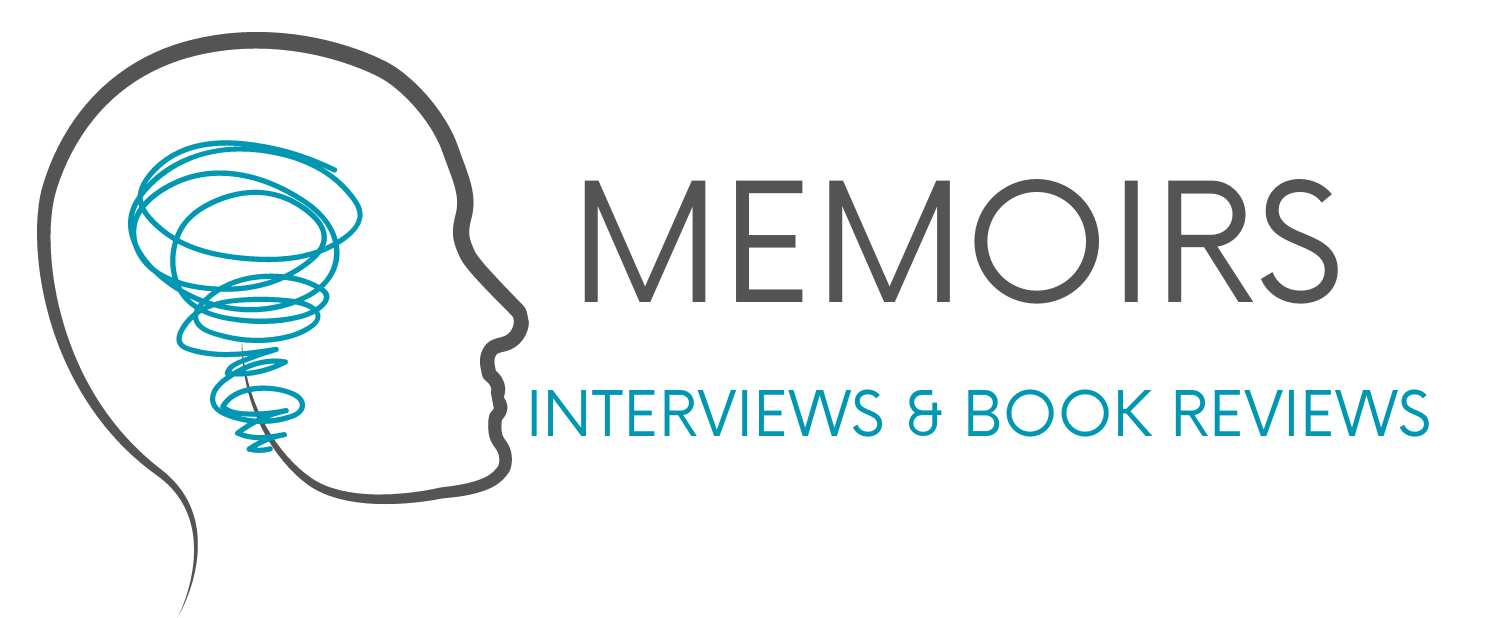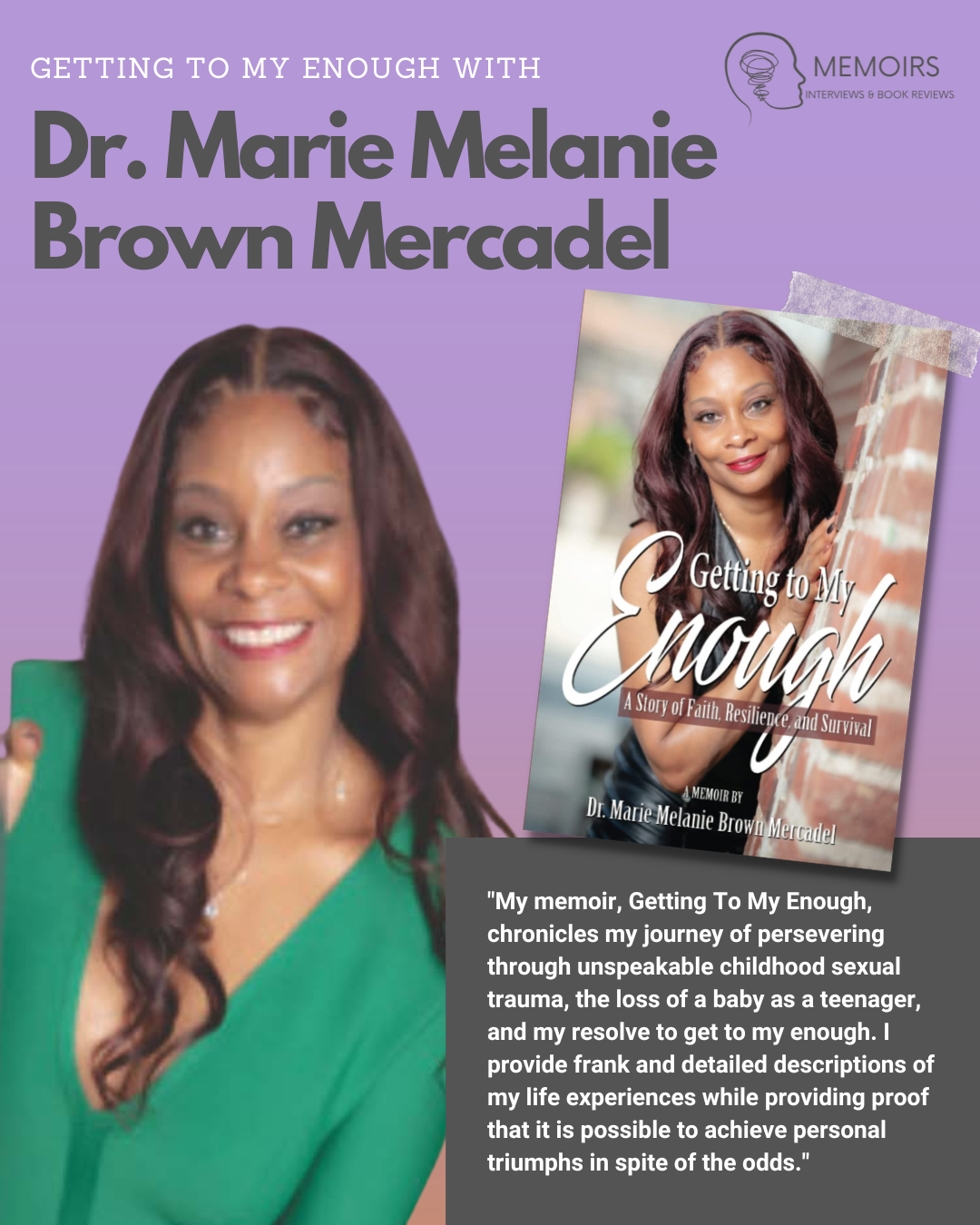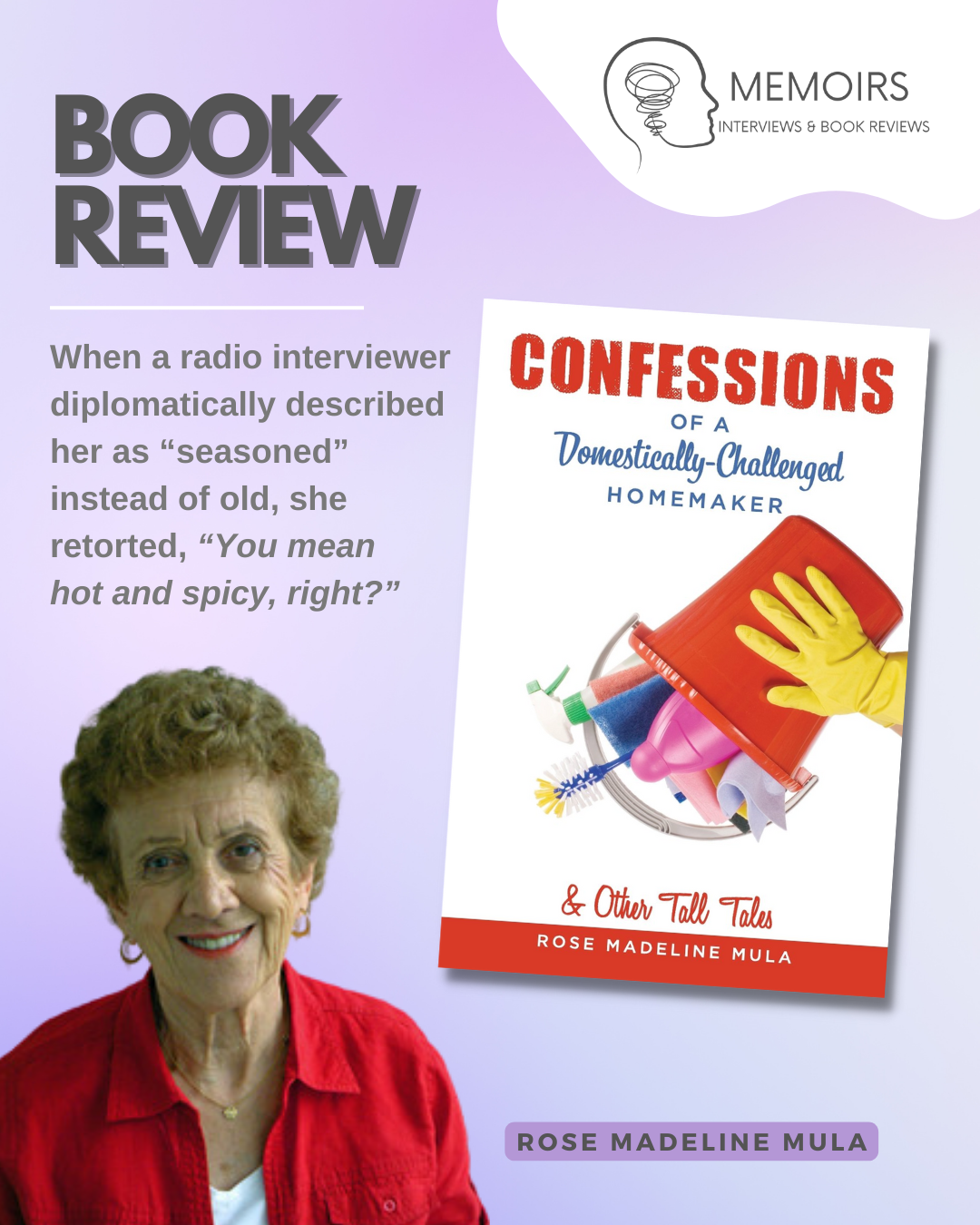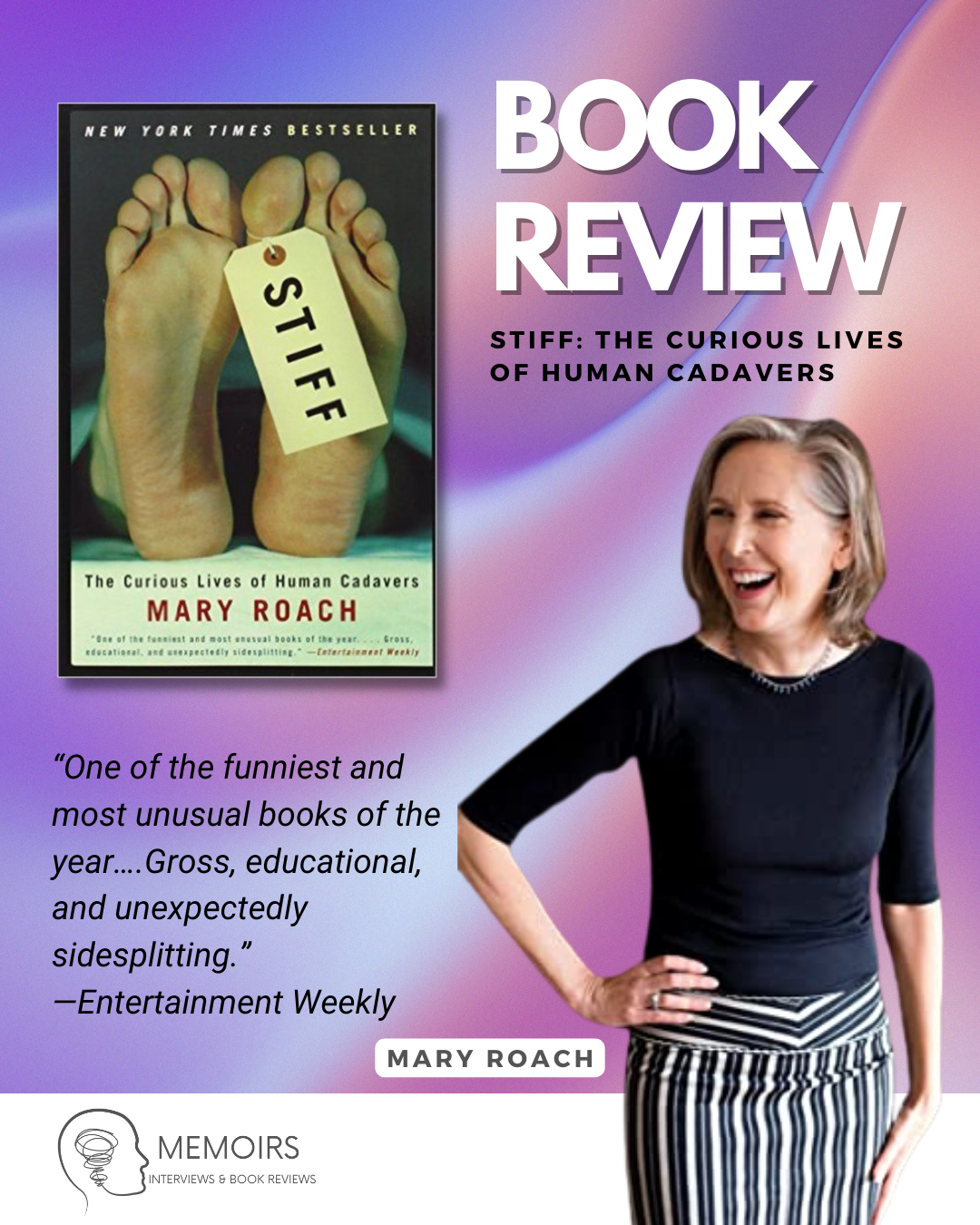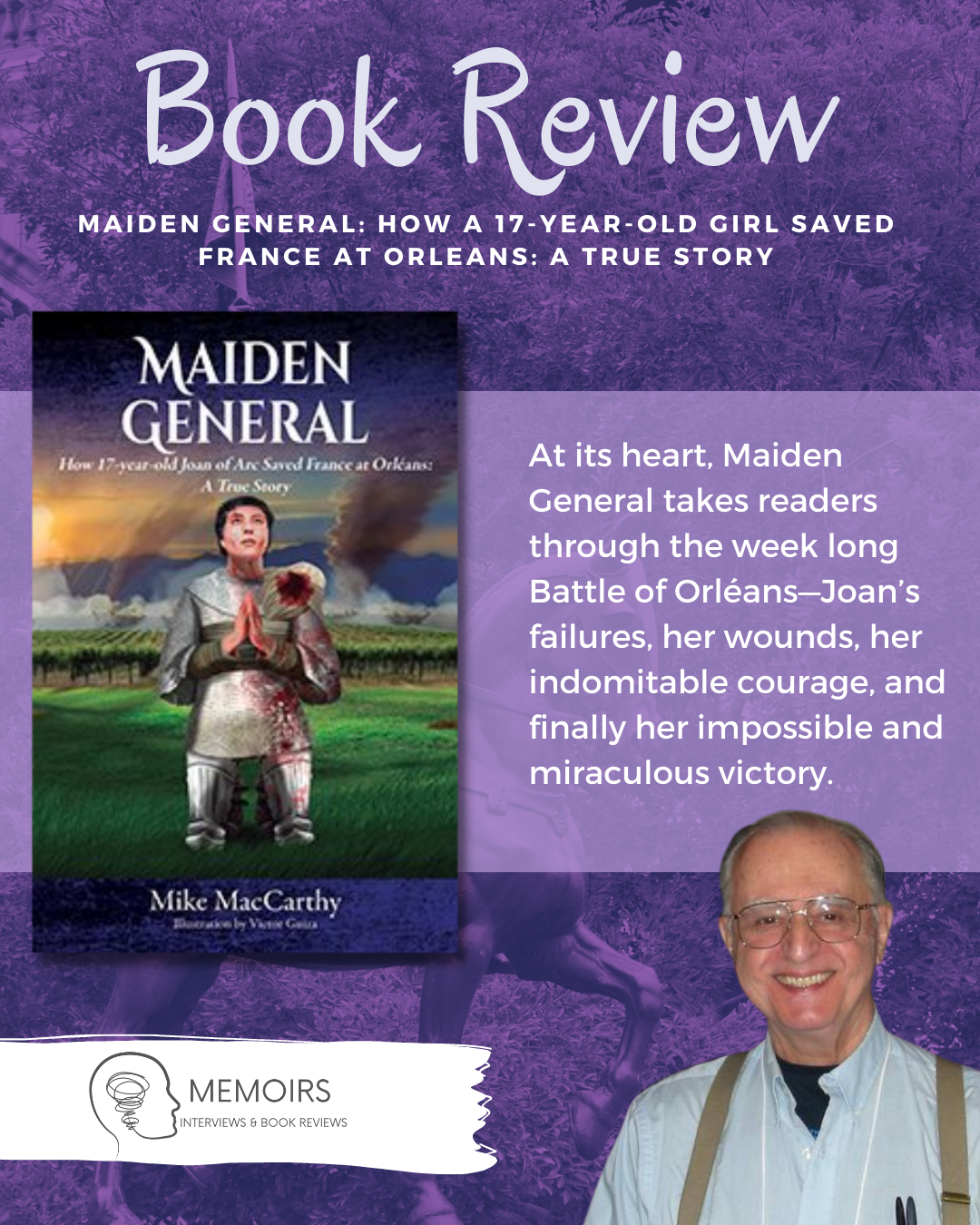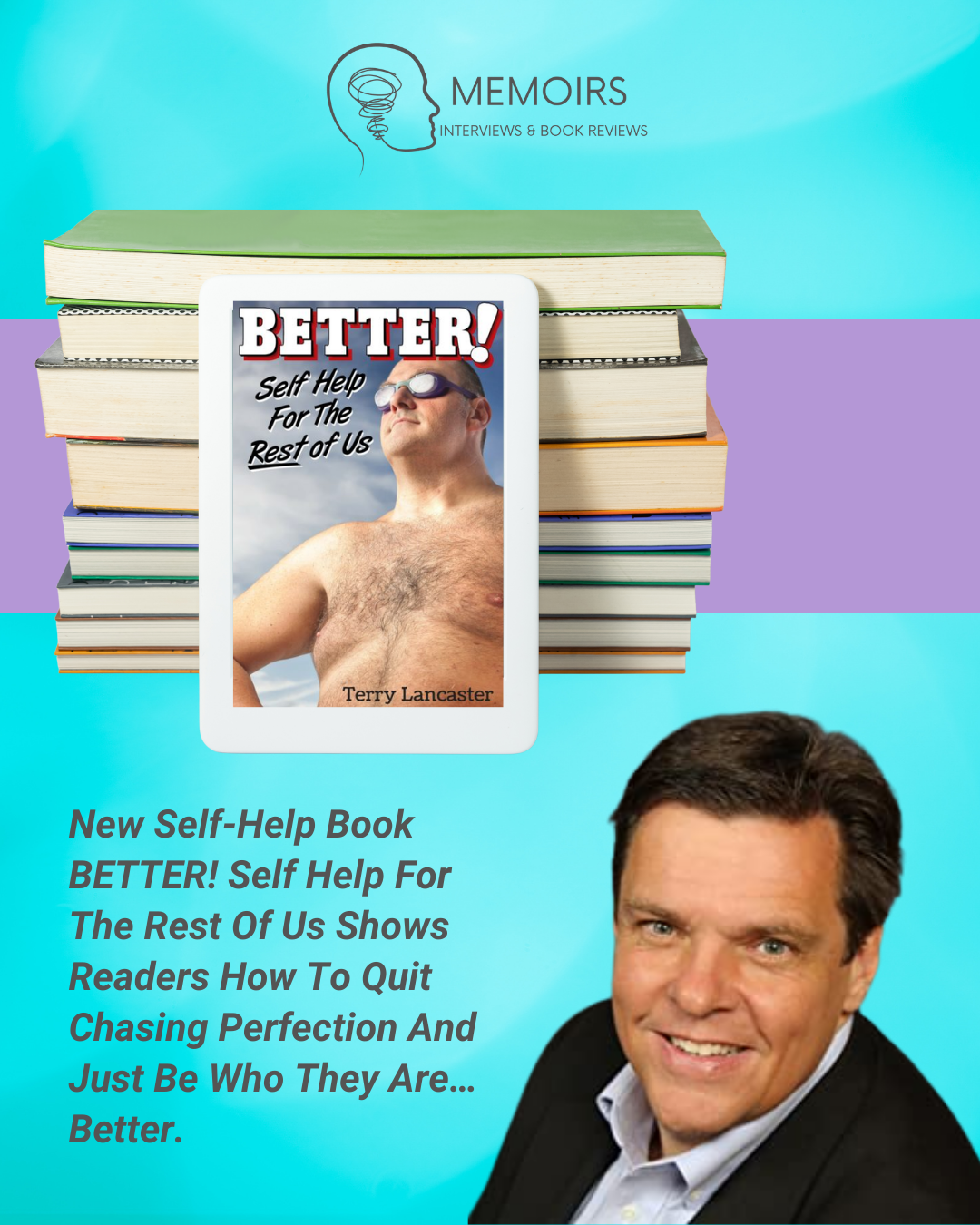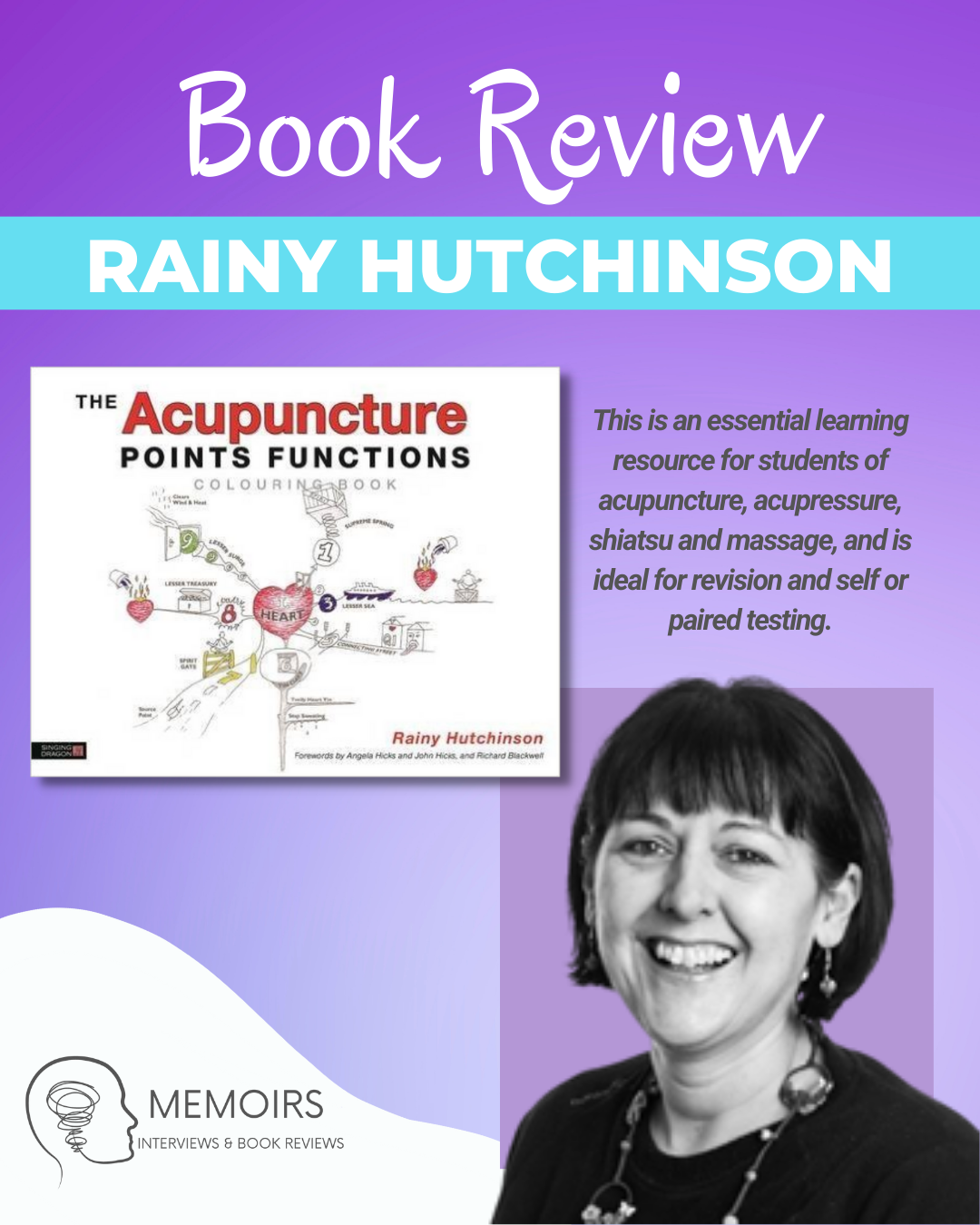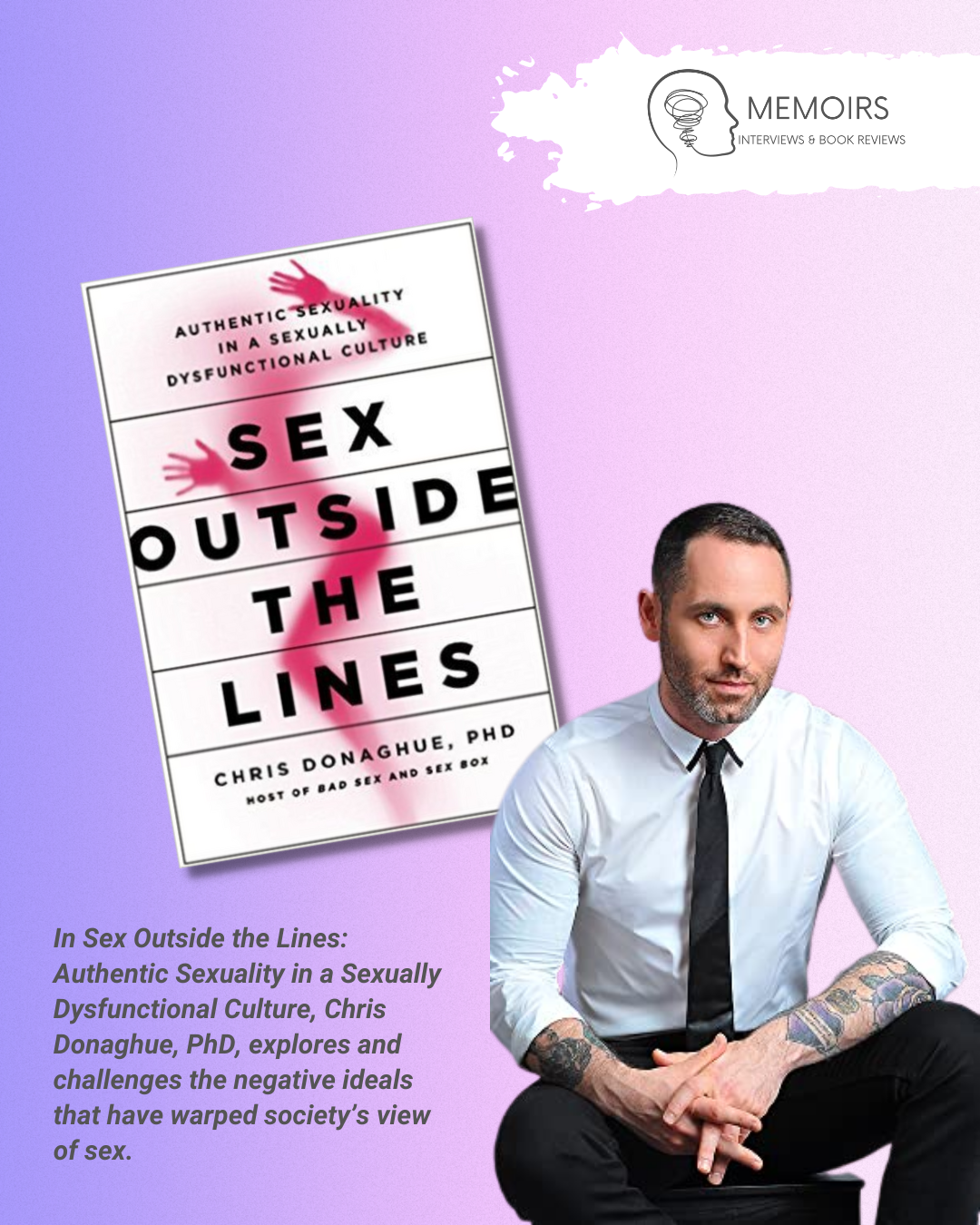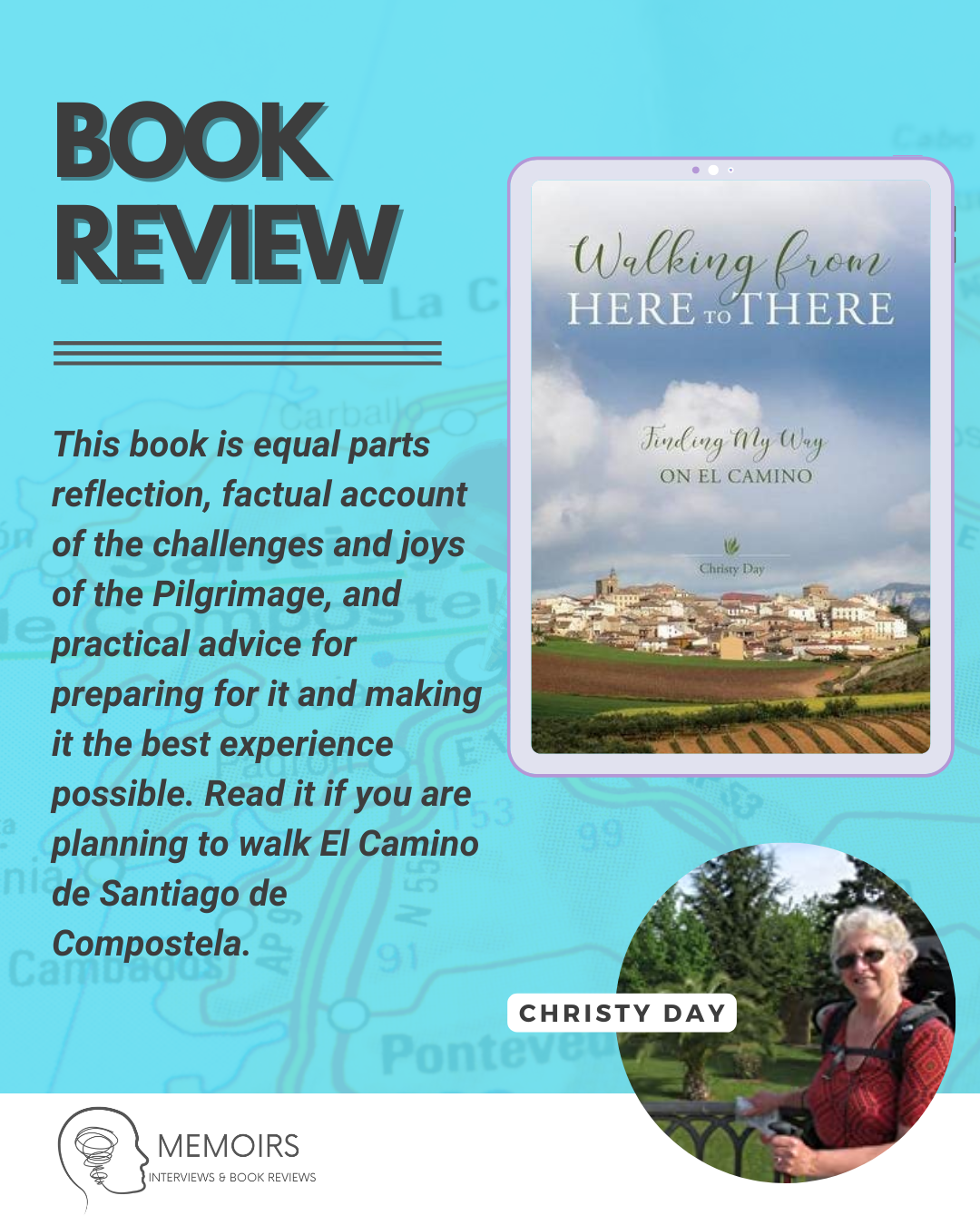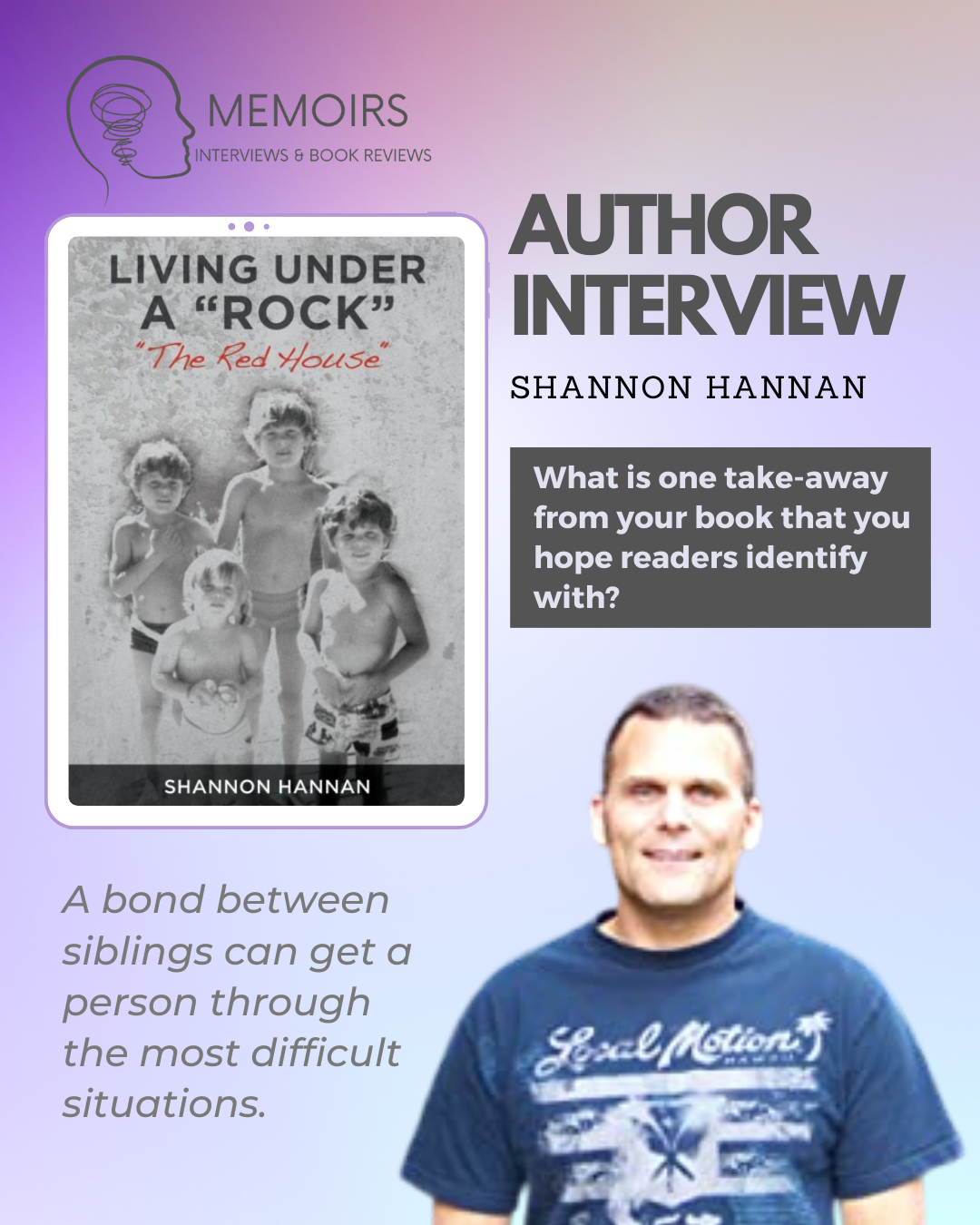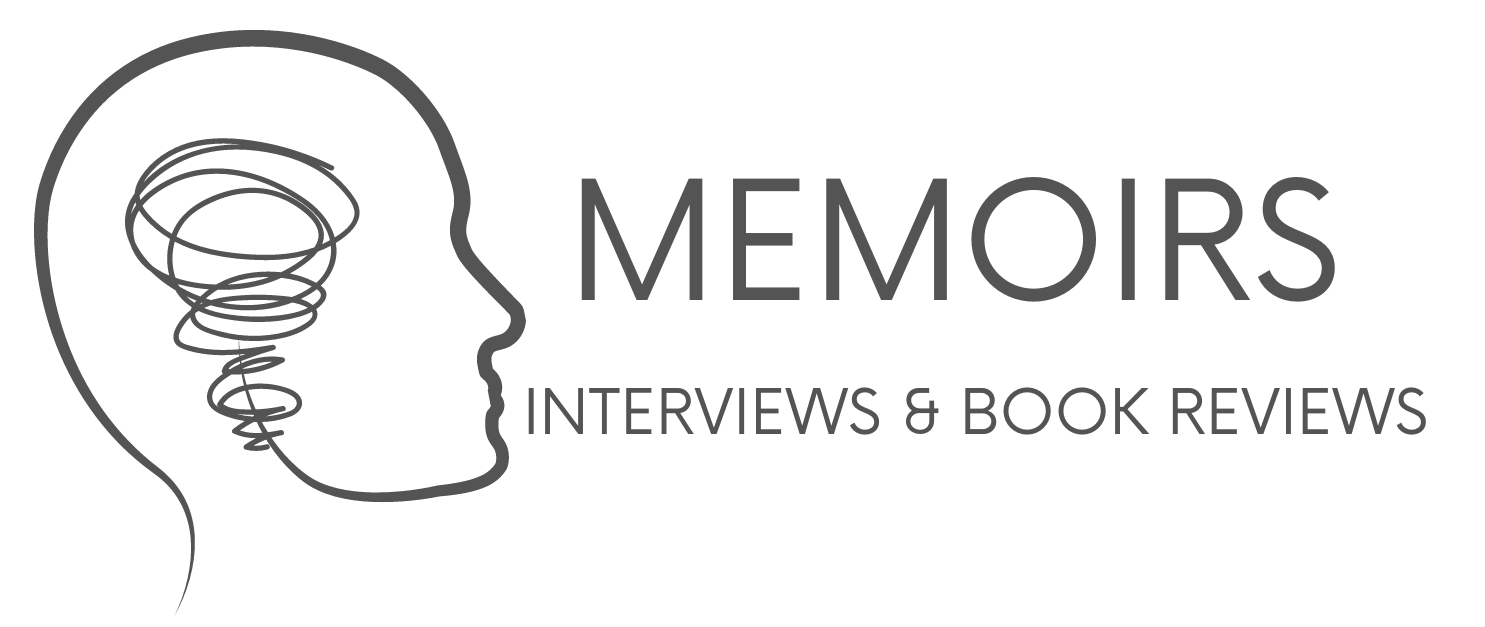Thank you for joining us today, Dr. Marie Melanie Brown Mercadel. Can you tell us a little bit about your book, “Getting to My Enough: A Story of Faith, Resilience, and Survival”? My memoir, Getting To My Enough, chronicles my journey of persevering through unspeakable childhood sexual trauma, the loss of a baby as a teenager, and my resolve to get to my enough. I provide frank and detailed descriptions of my life experiences while providing proof that it is possible to achieve personal triumphs in spite of the odds.
I write about the deep-seated emotions that caused me to be overwhelmed with self-doubt, fear, and shame for much of my adult life. My story reveals how a broken and damaged girl gained inner peace, affirmed the positive aspects of my life, and embarked on a mission to mentor and motivate women dealing with similar issues.
What inspired you to write this book? Mainly, I wanted to heal and I wanted to help others to do the same. I recently did a TEDx talk which was titled “Healing Out Loud” because I think that it is critical to reduce the stigma associated with being a victim of sexual assault and/or a person who lives with a mental health disorder. For decades I worked in human services and I witnessed how unresolved trauma can adversely impact of generations of families – and I want to be able to connect to people so that they can gain the tools to break the cycle. Writing this book was cathartic, I am learning more about myself each day as I share my story with others.
 How do you make sure the information for your nonfiction books is accurate and up to date? I pulled from several academic and peer-reviewed resources to ensure that the information is up to date. In addition, based on my work in the field of human services, I am familiar with many of the statistics and findings that have been published in child welfare and behavioral health journals.
How do you make sure the information for your nonfiction books is accurate and up to date? I pulled from several academic and peer-reviewed resources to ensure that the information is up to date. In addition, based on my work in the field of human services, I am familiar with many of the statistics and findings that have been published in child welfare and behavioral health journals.
What does literary success look like to you?
For me, success looks like getting my book into the hands of readers across all demographics and becoming a well-known author. I am hoping to gain exposure online, and in live interviews to continue to educate readers about adverse childhood experiences and the correlation to mental health disorders.
Do you outline your books beforehand? Why or why not? I started with an outline and I quickly discarded it! I decided to just write, name the chapters as I went along, and put it all together at the end. This process was so much easier and less stressful. In fact, I ended up writing more and developing additional chapters after reading through my first draft so that I could fill in the gaps. As I started to write some of my memories would come in waves, one thought would trigger another thought and I would start a different chapter. Although I made some shifts at the end, this method worked well for me.
What’s the most important lesson you’ve learned while writing? Writing a book is hard, when you are so close to your story everything looks good on paper. Each writer – regardless of their level of experience should hire a professional editor to give them honest feedback. I learned that the technical writing format I used in my work life didn’t work well for my memoir so I had to make some shifts. Conversely, the author should ensure that the final story is written in their own voice –not that of the editor. I accepted most of the recommended changes from the editor but I rejected those that I believed changed the context of my story.
It is also likely that an author will experience writers block but it is important to push through by writing at least a paragraph every single day. It is easy to get frustrated and feel like giving up. I also set some deadlines for myself to stay on track.
What are some publishing tips? Hire a professional publisher that has experience, the formatting, layout, cover, and every element of how the book is presented is a significant factor in the success of the book. It may be costly, however, it will be beneficial in the long term.
How do you make non-fiction interesting and engaging while still being informative? I think that readers of non-fiction are interested in learning about the experiences of others so it is important to create an emotional connection by being open and transparent. This allows the reader to connect to your journey while gaining new knowledge at the same time.
What is your favorite part of writing? My favorite part of writing is seeing each piece of the story come together and being able to visualize the words that I am reading in each moment. Writing for me also has a certain healing power because I can gain a sense of relief by storytelling. Whether I am writing a professional document or working on my memoir, I take pride in presenting the final project.
What do you find enjoyable or difficult about non-fiction? The hardest part for me was trying to keep everyone in my story whole- meaning that I didn’t want to embarrass, shame, or hurt anyone with my words. There is a delicate balance to take because sometimes your truth can hurt other people and this is never my intention. At the same time, I needed to be authentic in telling the story from my perspective. In actuality, I left a few parts out because I knew that there are parts of my life history that could damage people that I care about the most.
 Was this topic suggested or was it something you were already interested in? I was always interested in writing my memoir. I started journaling and writing motivational speeches many years ago based on my experiences. I dreamed of turning both into a book but based on my professional and personal responsibilities it seemed greatly overwhelming at the time.
Was this topic suggested or was it something you were already interested in? I was always interested in writing my memoir. I started journaling and writing motivational speeches many years ago based on my experiences. I dreamed of turning both into a book but based on my professional and personal responsibilities it seemed greatly overwhelming at the time.
What other types of research did you need to do for this book? I referred to current research to ensure the statistics I referenced were accurate and I also consulted with other authors who have written their memoirs to get advice about how deep to go into the story, what to be sure to include, and what should be left out. I also talked to survivors to understand what they would want to read about in my book that would be important for their own process of healing.
Who will this book appeal to? What age range would you recommend it for? My target audience is women between the ages of 18-65, residing in the United States with interest in mindfulness, healing, mental health, and post-traumatic growth.
What is your next project? I am starting a non-profit organization called The Healed Girls Collaborative. We just received our EIN and our Articles of Incorporation were approved by the State of North Carolina. The goal of the non-profit is to provide education and resources about how to prevent childhood trauma, access culturally appropriate mental health resources, provide mentoring, and to give women of any age a safe space to engage in discussions about their healing journey.
Talk a little bit about yourself. What is your background? What is something people would be surprised to learn about you? Prior to my retirement in 2021, I spent 38 years working in the field of human services. My experience includes working at the executive level in North Carolina, Louisiana, Texas, and California. Currently, I serve as the Chief Executive Officer for Mercadel Consulting Solutions LLC and I have over 15 years of experience providing executive coaching, motivational speaking, and leadership development services. I received my undergraduate degree from North Carolina Central University and a masters and doctorate from the University of Phoenix. I reside in the Charlotte, North Carolina area with my husband Alvin and live in close proximity to my daughter Chantell and twin grandchildren, Bryce and Brooklyn. My bonus daughters live in Texas and Louisiana.
People may be surprised to know that I love cooking southern foods, baking, and all things Peloton.
Do you have a favorite book – fiction or non-fiction? How about one of your own? Recently I read Viola Davis’ memoir titled “Finding Me”, in her book she described her own experiences with childhood trauma, damaged self-esteem, her belief that she was unseen and unheard as a child, and living with a general feeling of worthlessness. Yet, somehow as an adult, she managed to transform her self-hate, anger, and fear of rejection into a powerful determination to succeed. Each adverse experience she dealt with in her early life fueled her desire to ‘be better’ and to ‘do better’; once she found her voice and began her process of healing – she broke through her emotional barriers and excelled.
Nearly every word Ms. Davis wrote resonated with me. The abuse I suffered caused me to deal with low self-esteem, and I internalized my anger, pain, shame, and blame. Similar to her story, I write about my process of learning how to release my negative thoughts and focus on the positive aspects of my life. This decades long exploration of understanding who I was allowed me to realize what I was capable of, I earned a doctorate, served as an executive leader in the field of human services for 20+ years, and launched a successful coaching business that is focused on helping women heal.
Do you have an author website or other platform where readers can find more information about you and your books?
www.mercadelconsultingsolutions.net
Is there anything I have neglected to ask that you would like to add? Yes, in my recent TEDx talk, I spoke about “healing out loud”. I chose this as a topic because I suffered silently in shame because of my abuse, and we didn’t talk about it in my family, which is typical. In the Black community, we learn that ‘what happens in the household stays in the household’, and I didn’t have an outlet for expressing my pain. I began to experience anxiety in my late forties, and I soon recognized that the root causes of my anxiety were related to unresolved trauma. I knew that it was time for me to share my story with others by talking about my experience, accepting that the abuse was not my fault, and that I needed to start my process of healing and post-traumatic growth. It was important for me to say, as a Black, educated, successful, professional, that it is okay not to be okay and be transparent about my own mental health.
Where can our readers learn more about you and your book/s? Readers can visit my website to learn more about my background at:
www.mercadelconsultingsolutions.net.
They can also listen to my TEDx talk here:
Purchase link
www.barnesandnoble.com › w › getting-to-my-enough-drGetting to My Enough: A Story of Faith, Resilience, and …
Please share your social media links
IG –drmariespeaks
FB- Dr. Marie Brown Mercadel
TikTok – drmariespeaks
Thank you for sharing such valuable advice and insights with us, Dr. Marie Melanie Brown Mercadel. We appreciate you taking the time to talk about your book, “Getting to My Enough: A Story of Faith, Resilience, and Survival”.
